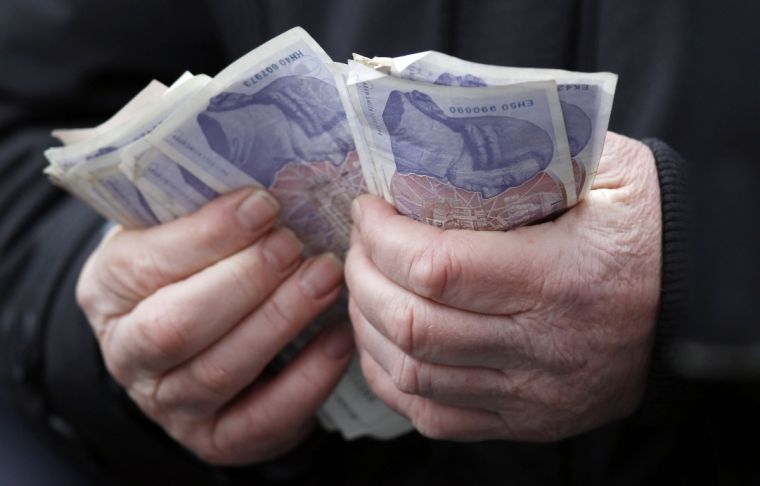Does Universal Credit hand power to abusers?
A new report from the House of Commons Work and Pensions committee flags serious concerns over the single household payments that are part of the Universal Credit system. They suggest that this has given rise to new forms of economic domestic abuse. MPs have been quick to comment, calling the system antiquated and problematic.
Since its beginning in 2017, the Universal Credit system has been hampered by problems such as IT failures and management blunders, as well as a backlash from the general public.

This reform of the benefit system brings six 'legacy' benefits together to be paid in one single amount per household. The amount is calculated for all the claimants in one household (including children). The amount of hours that a claimant can work is not capped through the Universal Credit system. However, the more hours worked in a household, the less benefit they can receive.
An earlier National Audit Office report is realistic in its assessment of the government's practice to date, stating that they 'do not have a realistic alternative but to continue', despite the delays in the process. The DWP report gives example of claimants who have struggled to adjust to the new process, with four in 10 claimants struggling with financial difficulty and hardship and two in 10 claimants not receiving their payments on time.
The finding that has proved most damning is that single household payments pose 'a serious risk of Universal Credit increasing the power of abusers'. Labour's Frank Field has spoken out, accusing the system of being from 'the 1950s'. He has said that 'Men and women work independently, pay taxes as individuals, and should each have an independent income'. Similarly Conservative Heidi Allen has raised concerns, stating that no employer would pay the wages of their employee into their partner's bank account.
This concern has also been backed by stories from victims, that describe credit holders denying access to their partners and using the benefits provided for the children of the household for their own means. In some cases, individuals are being withheld from work so has to keep benefit levels high, and in others, they are forced to work in order to earn their own money as the benefit is not used collectively. There is evidence from both Women's Aid and the TUC that suggest that financial domestic abuse is a major factor in survivors refusing to leave their abusive partners. Their research showed that 52 per cent of people suffering from domestic abuse feel unable to leave their relationship because they do not have access to any money.
This is not the first time that the Universal Credit system has caused apprehension for women. In 2011, when the project itself was legislated for, the Child Poverty Action Group expressed concerns that it would cause problems for the financial autonomy of women. They also suggested that it did not reflect the state of modern families. Similarly, in November 2017, the Women's Budget Group claimed that women and those from ethnic minorities would be 'hardest hit'.
The Department for Work and Pensions responded: 'There are record numbers of lone parents in work and Universal Credit supports this, offering parents unprecedented personalised support including paying up to 85 per cent of childcare costs back.' While this may be the case, it does indicate a significant gap in provision. A quarter of families with dependent children are made up of single parents. It does seem that Universal Credit is helping these parents to gain steady employment. However, the other three quarters of families appear to be at risk.
The government states that abuse support teams are on hand in every Jobcentre. It is unknown how effectively these services are being used. The DWP and government are yet to respond fully.
Nina Mattiello Azadeh studied music and philosophy and was a Faith in Politics media intern in 2016. She has a keen interest in interfaith relations, social action and is a classical ballet dancer. Follow her on Twitter @Ninamataz











